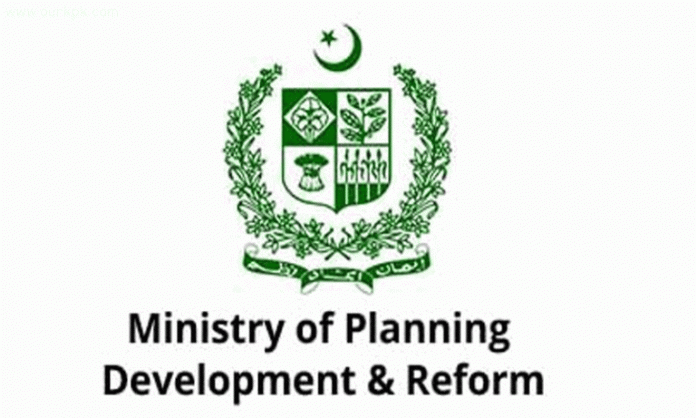ISLAMABAD: The Planning Commission of Pakistan has unveiled the need for a substantial investment of Rs 150 billion in the forthcoming five-year plan, targeting a revamp of governance indicators within the country. Spanning from 2024 to 2029, the plan aims to address crucial areas such as innovation, capacity building, performance management, service delivery, justice, police, research, and public sectors. Its primary objective is to elevate Pakistan’s service standards beyond those of its South Asian counterparts.
The Commission’s report underscores the persistent lack of accountability and transparency across various government sectors as pivotal to the challenge of poor governance. Despite allocating Rs 92 billion over the past decade to enhance governance indicators, the situation has unfortunately deteriorated compared to regional peers.
The decision to recommence long-term central planning stems from recommendations put forth by the International Monetary Fund (IMF). The Central Development Working Party, the nation’s largest economic decision-making body, has endorsed the IMF’s proposals, forwarding them to the National Economic Council for final ratification.
Emphasizing the need for enhanced local government efficiency, the Planning Commission stresses the establishment of a sustainable, functional, and decentralized governance structure at all levels. The implementation of the 18th constitutional amendment stands out as a cornerstone to fortify the local government system, ensuring inclusive governance, community empowerment, and efficient service delivery at the grassroots level.
To bolster the service delivery of pivotal institutions such as the Federal Board of Revenue (FBR), Police, Judiciary, State Bank, NADRA, and the Competition Commission, the plan advocates for a centralized database for potential taxpayers. Additionally, it proposes a robust performance management system to collate data from educational and developmental institutions, enabling comprehensive accountability both institutionally and individually.
The report pinpoints institutional corruption as a significant obstacle to governance enhancement, impacting various economic sectors. Recommendations entail providing training and granting financial and administrative autonomy to federal and provincial institutions, including the National Accountability Bureau (NAB), Auditor General Office, and Federal Investigation Agency (FIA). The plan also underscores expediting justice delivery to effectively uphold the rule of law.
As Pakistan aims for a sweeping governance transformation, the success of this ambitious five-year plan will undoubtedly shape the trajectory of the country’s future.




